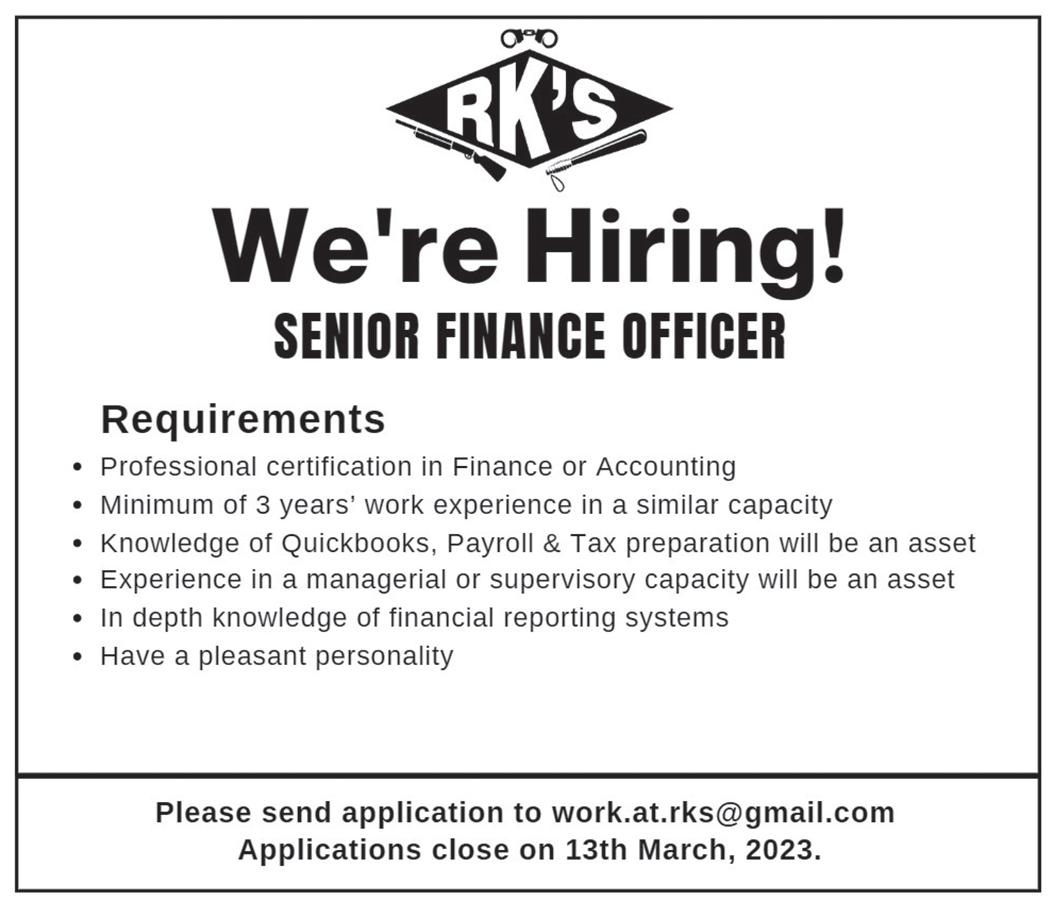
2 minute read
ICC issues arrest warrant for Putin over war crime allegations --Russia’s
THE International Criminal Court (ICC) has issued an arrest warrant for Russian President Vladimir Putin.
The court alleges that he is responsible for war crimes, and has focused its claims on the unlawful deportation of children from Ukraine to Russia.
Advertisement
It says the crimes were committed in Ukraine from February 24, 2022, when Russia launched its full-scale invasion.
Moscow has denied the allegations, and labelled the warrants as “outrageous”.
It is highly unlikely that
Children Rights Commissioner Also Being Sought
much will come of the move; the ICC has no powers to arrest suspects, and can only exercise jurisdiction within its member countries, and Russia is not one of them.
However, it could affect the president in other ways, such as being unable to travel internationally.
In a statement, the ICC said it had reasonable grounds to believe Putin committed the criminal acts, directly, as well as working with others. It has also accused him of failing to use his presidential powers to stop children being deported.
Russia’s commissioner for children’s rights, Maria LvovaBelova, is also wanted by the ICC for the same crimes.
In the past, she has spoken openly of efforts to indoctrinate Ukrainian children taken to Russia.
Last September, LvovaBelova complained that some children removed from the city of Mariupol “spoke badly about the [Russian President]; said awful things, and sang the Ukrainian anthem”. She has also claimed to have adopted a 15-year-old boy from Mariupol.
The ICC said it initially considered keeping the arrest warrants a secret, but decided to make them public, in the event that it stopped further crimes from being committed.
ICC prosecutor Karim Khan told the BBC: “Children can’t be treated as the spoils of war; they can’t be deported.”
“This type of crime doesn’t need one to be a lawyer; one needs to be human being to know how egregious it is,” he said.
Reactions to the warrants came within minutes of the announcement, with Kremlin officials instantly dismissing them.
Spokesperson Dmitry Peskov said any of the court’s decisions were “null and void” and former Russian President Dmitry Medvedev compared the warrant to toilet paper.
“No need to explain WHERE this paper should be used,” he wrote on Twitter with a toilet paper emoji.
However, Russian opposition leaders welcomed the announcement. Ivan Zhdanov, a close ally of jailed opposition leader Alexei Navalny, tweeted that it was “a symbolic step”, but an important one.
Ukrainian President Volodymyr Zelensky said he was grateful to Khan and the criminal court for their decision to press charges against “state evil”.
Ukraine’s Prosecutor-General Andriy Kostin said the decision was “historic for Ukraine”, while the country’s presidential chief of staff, Andriy Yermak lauded the decision as “only the beginning”.
But because Russia is not a signed member of the ICC, there is very little chance that Vladimir
Putin or Maria Lvova-Belova will appear in the dock at The Hague.
The ICC relies on the cooperation of governments to arrest people, and Russia is “obviously not going to cooperate in this respect”, Jonathan Leader Maynard, a lecturer in international politics at King’s College London, told the BBC.
However, Khan pointed out that no-one thought Slobodan Milosevic, the Serbian leader who went on trial for war crimes in Croatia, Bosnia and Kosovo, would end up in The Hague.
“Those that feel that you can commit a crime in the daytime, and sleep well at night, should perhaps look at history,” he said. Legally, however, this does present Putin with a problem.
While he is the head of a G20 state, and about to shake hands with China’s Xi Jinping in an historic meeting, Putin is now also a wanted man, and this will inevitably place restrictions on which countries he can visit.
There is also a level of embarrassment for the Kremlin, which has always denied allegations of Russian war crimes, that such an influential, pannational body as the ICC simply does not believe its denials.
(BBC)







